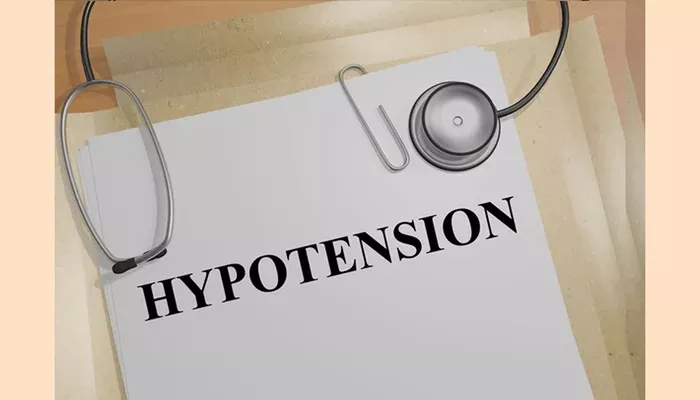A recent study published in the October 2024 issue of Cardiology by Matsumoto et al. examines the impact of hypotension in heart failure (HF) patients treated with sacubitril/valsartan compared to enalapril.
Hypotension is a critical concern in HF management, influencing treatment tolerance and patient outcomes.
The researchers conducted a prospective analysis focusing on asymptomatic versus symptomatic hypotension among HF patients receiving either sacubitril/valsartan or enalapril. This post hoc analysis utilized data from the PARADIGM-HF trial, which aimed to compare the effectiveness of an angiotensin receptor-neprilysin inhibitor (ARNI) against an angiotensin-converting enzyme inhibitor (ACEI) in reducing global mortality and morbidity in HF.
Out of 8,399 patients involved in the PARADIGM-HF trial, 1,343 (16.0%) experienced asymptomatic hypotension, while 936 (11.1%) reported symptomatic hypotension after randomization. The study found that patients with symptomatic hypotension were generally older and had more cardiovascular comorbidities than those with asymptomatic hypotension, who exhibited lower left ventricular ejection fractions.
Both forms of hypotension correlated with worse clinical outcomes; however, the efficacy of sacubitril/valsartan remained intact or even improved among patients experiencing hypotension. Specifically, the hazard ratios (HR) for sacubitril/valsartan compared to enalapril were 0.80 (95% CI: 0.72-0.89) for patients without hypotension, 0.87 (95% CI: 0.70-1.08) for those with asymptomatic hypotension, and notably 0.51 (95% CI: 0.38-0.69) for symptomatic hypotension (Pinteraction = 0.01). Similar trends were observed for cardiovascular and all-cause mortality.
Additionally, treatment discontinuations due to hypotension were less frequent in patients taking sacubitril/valsartan compared to those on enalapril.
In conclusion, while hypotension is associated with adverse outcomes in heart failure patients, the benefits of sacubitril/valsartan are preserved or enhanced in those experiencing either form of hypotension, highlighting its potential as a favorable treatment option in this vulnerable population.
Related topics:


